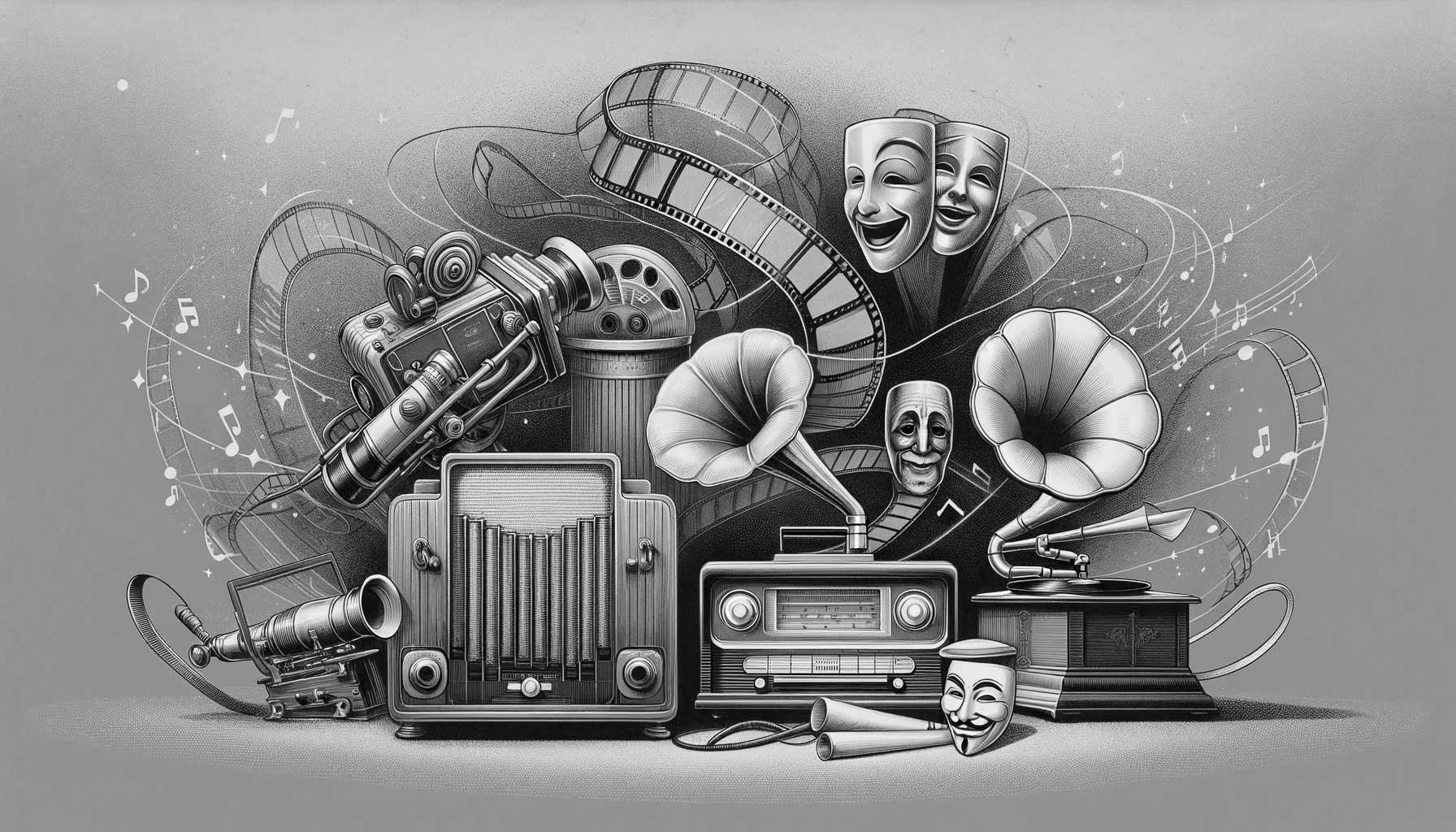Flashback to September 1
Entertainment History

1927
First disc-jockey presentation of a batch of music recordings, by Christopher Stone, for BBC radio.
Read moreOn the historic date of July 7, 1927, an event took place that would forever change the landscape of radio broadcasting. It was on this day that Christopher Stone, a pioneering disc jockey, presented a batch of music recordings for BBC radio. This groundbreaking event marked the first-ever disc-jockey presentation, laying the foundation for the future of radio and the widespread popularity of recorded music.
At the time, radio broadcasting was primarily focused on live performances. Musicians and singers would be invited to the studio to perform their songs, which were then broadcasted in real-time. However, Christopher Stone saw the potential in recorded music and decided to introduce this new format to the world of radio.
Stone, an engineer by trade, was fascinated by the possibilities offered by recorded music. He believed that by playing pre-recorded music on the radio, he could provide a wide variety of songs and cater to different tastes and preferences of the listeners. He carefully curated a batch of music recordings and prepared to present them to the BBC radio audience.
On that momentous day, Stone took to the airwaves and introduced his audience to the concept of recorded music. He explained the potential of this new format and showcased the diversity of music that could now be enjoyed through radio. This presentation was met with both excitement and skepticism, as many were unsure if recorded music could ever replace live performances.
However, Stone’s vision proved to be revolutionary. The convenience and accessibility of recorded music quickly won over audiences, and it gradually became a significant part of radio programming. As more and more people embraced this new form of entertainment, the demand for recorded music began to skyrocket.
The introduction of recorded music on the radio had a profound impact on the music industry as well. Musicians and record labels realized the potential of reaching a vast audience through radio broadcasts. This led to increased production of music recordings and the establishment of record companies focused on catering to the growing demand.
Moreover, the role of the disc jockey as a tastemaker and curator of music became increasingly important. These radio personalities had the power to introduce new songs and artists to the masses, shaping the popular music culture of the time. The concept of the disc jockey quickly spread globally, and radio stations around the world started incorporating recorded music into their programming.
The legacy of Christopher Stone’s first disc-jockey presentation is undeniable. His vision paved the way for the development of radio as we know it today, with recorded music being an integral part of its programming. This event marked a turning point in the evolution of radio and forever changed the way we consume music.
the first disc-jockey presentation of a batch of music recordings by Christopher Stone on July 7, 1927, was a groundbreaking event in the history of radio broadcasting. Stone’s vision and introduction of recorded music on the radio opened up a world of possibilities, forever changing the way we enjoy music. This event not only revolutionized radio but also had a significant impact on the music industry, shaping popular culture for years to come.
We strive for accuracy. If you see something that doesn't look right, click here to contact us!

